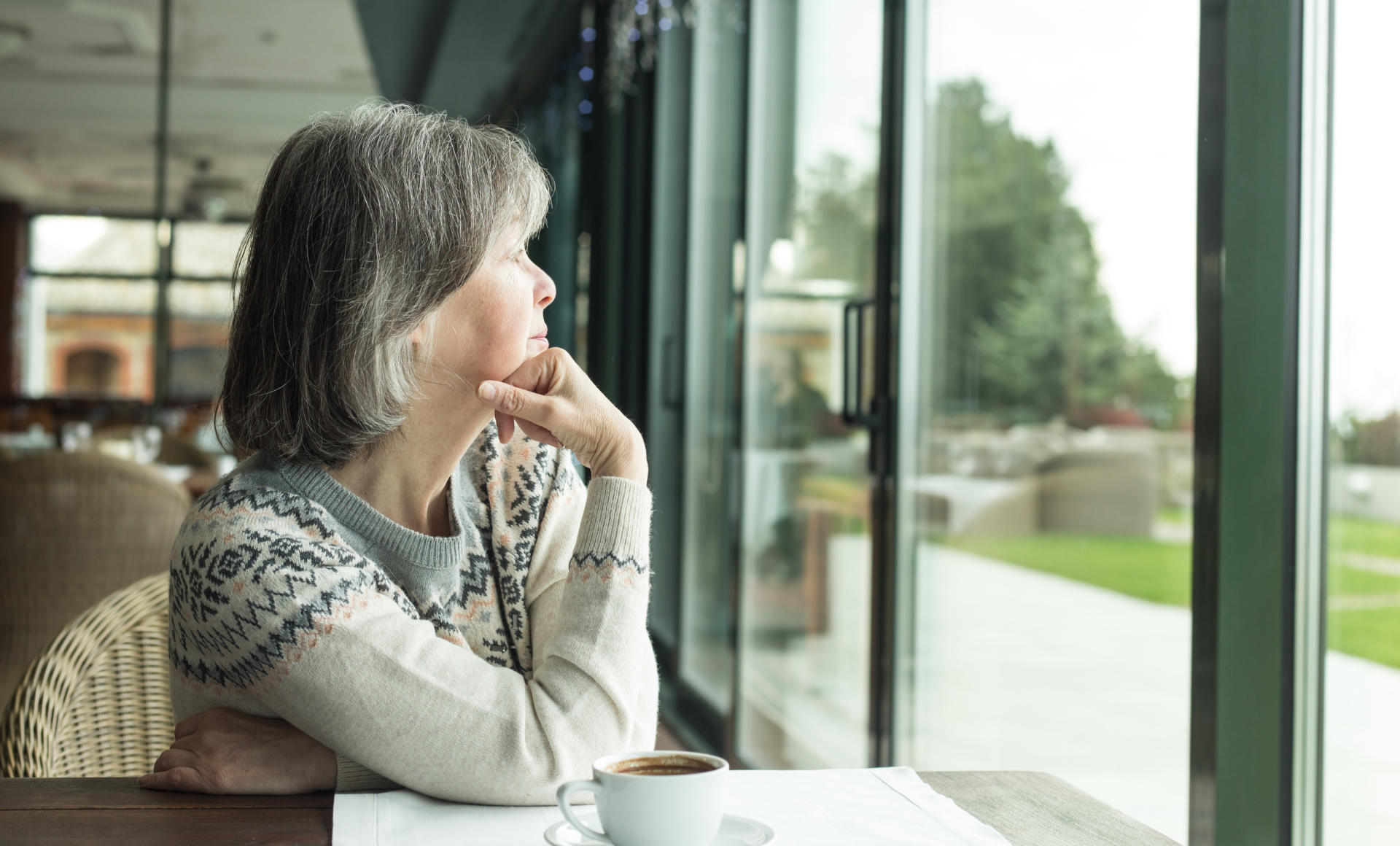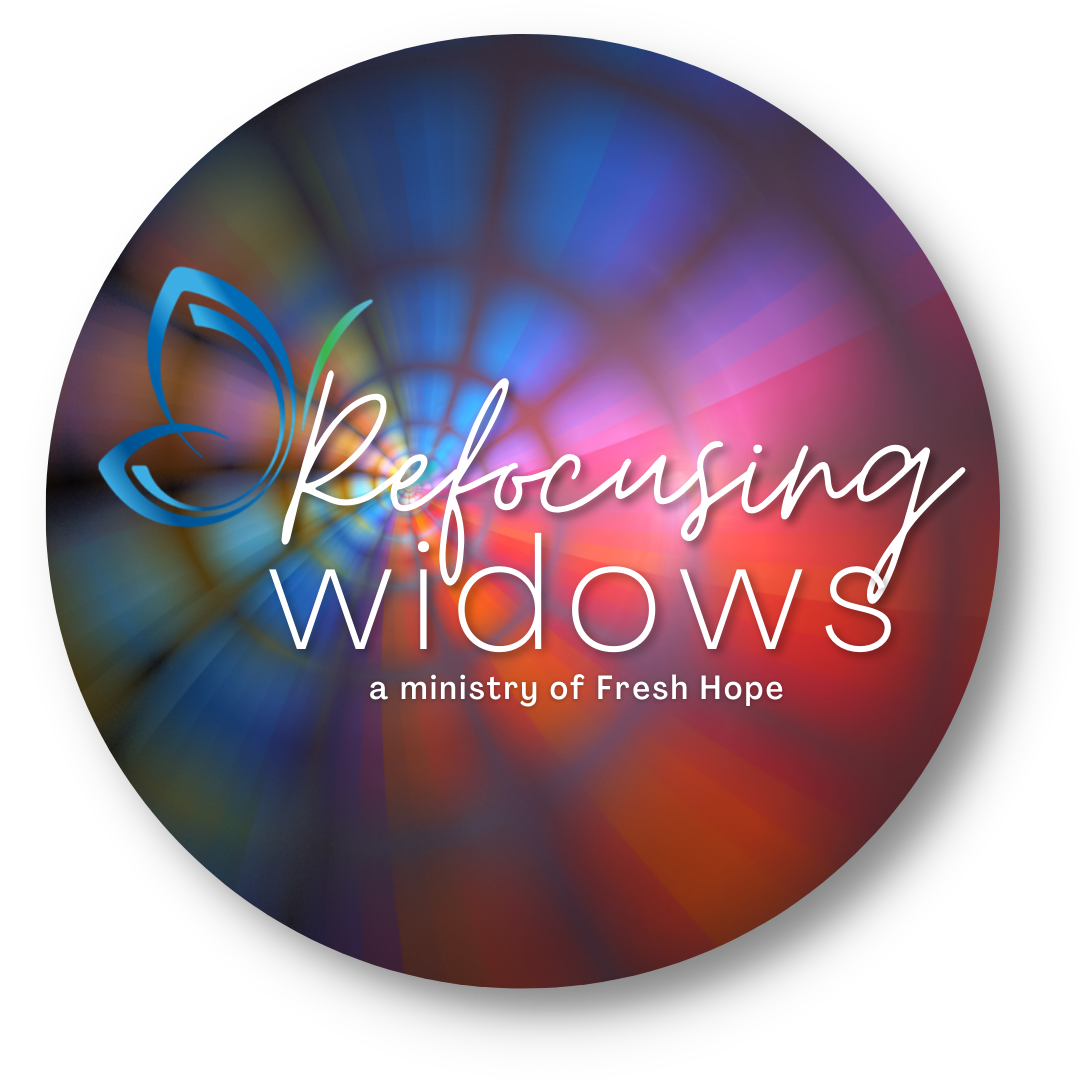Solitude or Isolation?

It’s a cloudy, chilly, rainy day, and we’ve been snuggled in the living room by the fireplace with the soft glow of the Christmas tree in the corner. The “we” includes my little Cavalier Spaniel named Louie, but since he doesn’t speak English, for all practical purposes I’m by myself! I haven’t spoken to anyone all day – except for a few virtual conversations via text. Would you call this quiet day “solitude” or “isolation”? The reality is that it can be either!
I’ve been doing some reading and thinking the past week on the difference between solitude and isolation. You may be asking yourself why that’s of any concern to me, as it would seem they both involve being alone. And you would be right! But aloneness is the only thing they have in common.
As we find ourselves in the middle of the holiday season once again, many are realizing that they are more isolated than ever before. Covid 19 started us down that pathway several years ago, isolating us in enforced quarantine situations for months on end. The profound social impact of the past three years remains to be seen, but we are already getting glimpses.
Solitude is a spiritual discipline that has been practiced for centuries. It involves an intentional carving out of alone time to review, refresh, and reconnect. Historically, it has been a time to get quiet in our minds and spirits and to listen for what God might want to say to us. In the right context, it becomes an intentional time away from the noise of life, the responsibilities we carry, and the distractions of our daily routines. It can be life-giving, allowing us to reconnect to God and ourselves so that we can connect with others. It’s a time to reflect and to listen to the still, small Voice to correct and guide us. Solitude does not happen automatically. We must be intentional about scheduling these times. It doesn’t need to be complex – maybe a day away, or an hour early in the morning, or even time over your lunch break. It changes us on the inside and helps us to be more aware of God’s presence throughout the day.
Isolation, on the other hand, is all about disconnecting. Typically, isolation results when one has been walking through a time of loneliness caused by grief, health challenges, lack of purpose, or even living alone for the first time. Does this sound familiar? These are all common especially to new widows. Isolation isn’t active or intentional; it’s passive in nature. It looks like staying home alone, choosing not to participate in activities with friends. It’s refusing invitations and not answering the telephone or emails. Isolation leads to intense loneliness, while solitude is a state of being alone without being lonely.
Social isolation can be linked to all manner of health problems including high blood pressure, cardiovascular disease, vulnerability to infection, difficulty sleeping, and mental health complications, including early onset dementia, depression, and difficulty processing thoughts and logic. (*Jane Sandwood, “How Isolation Impacts Mental Health,” Mental Health Connecticut, September 1,2017, http://www.mhconn.org)
By now you’re probably wondering why I’m even thinking about this. Let me explain. As the holidays approached this year, I found myself feeling a bit more down than usual, so I started looking for a reason. What I realized was surprising to me! I found that I had moved from a place of enjoying solitude to bordering on isolation. In working with a ministry to widows, I’m immersed in grief nearly every day. I read about grief, write about grief, talk about grief, and listen to grief many hours in a week. I realized that it was beginning to take a toll on my emotional energy because I wasn’t paying enough attention to staying recharged. I was tempted to not answer the phone, turn down invitations to social events, read too many books, and basically just hibernate at home alone. Thankfully, when I came across some of this material, I realized that I was bordering on an unhealthy situation and have made some adjustments.
Because of all the grief factors involved, most widows are faced with the temptation to isolate. Sometimes it just takes too much energy to even figure out what clothes to wear to go out of your house. It seems too difficult to talk on the phone with people. And all those decisions? It’s just easier to ignore them and try not to make them at all! This can be a really slippery slope that leads to a very dark place of loneliness and depression.
The good news is that it’s really simple to stay on the right track – but it does involve making intentional choices on your part. Keep a close eye on your emotional condition, and if you find yourself isolating, make the small course corrections that will put you back in a better place. Pick up the phone and call someone; email a friend; put on your walking shoes and go to the mall. Even interacting with a pet can help!
Be intentional about implementing Solitude as a spiritual discipline. Keep an eye out for tendencies towards isolation, especially during the holidays. Spend a few quiet moments with the Lord every day and watch the changes as you grow quieter and more confident, and your strength and joy begin to return.
Your thoughts and comments are always welcome, or you can email me at sheryl@freshhope.us.
